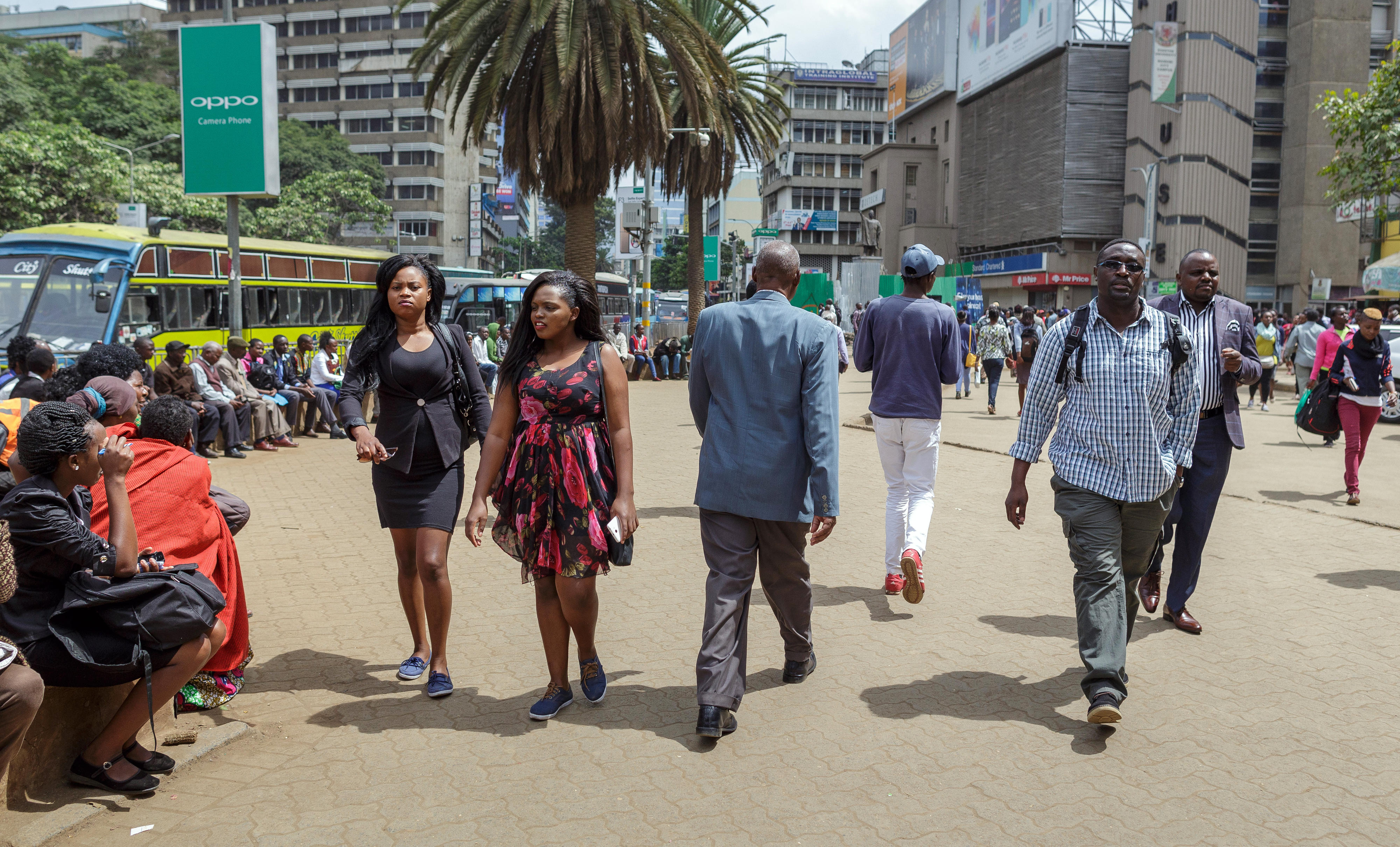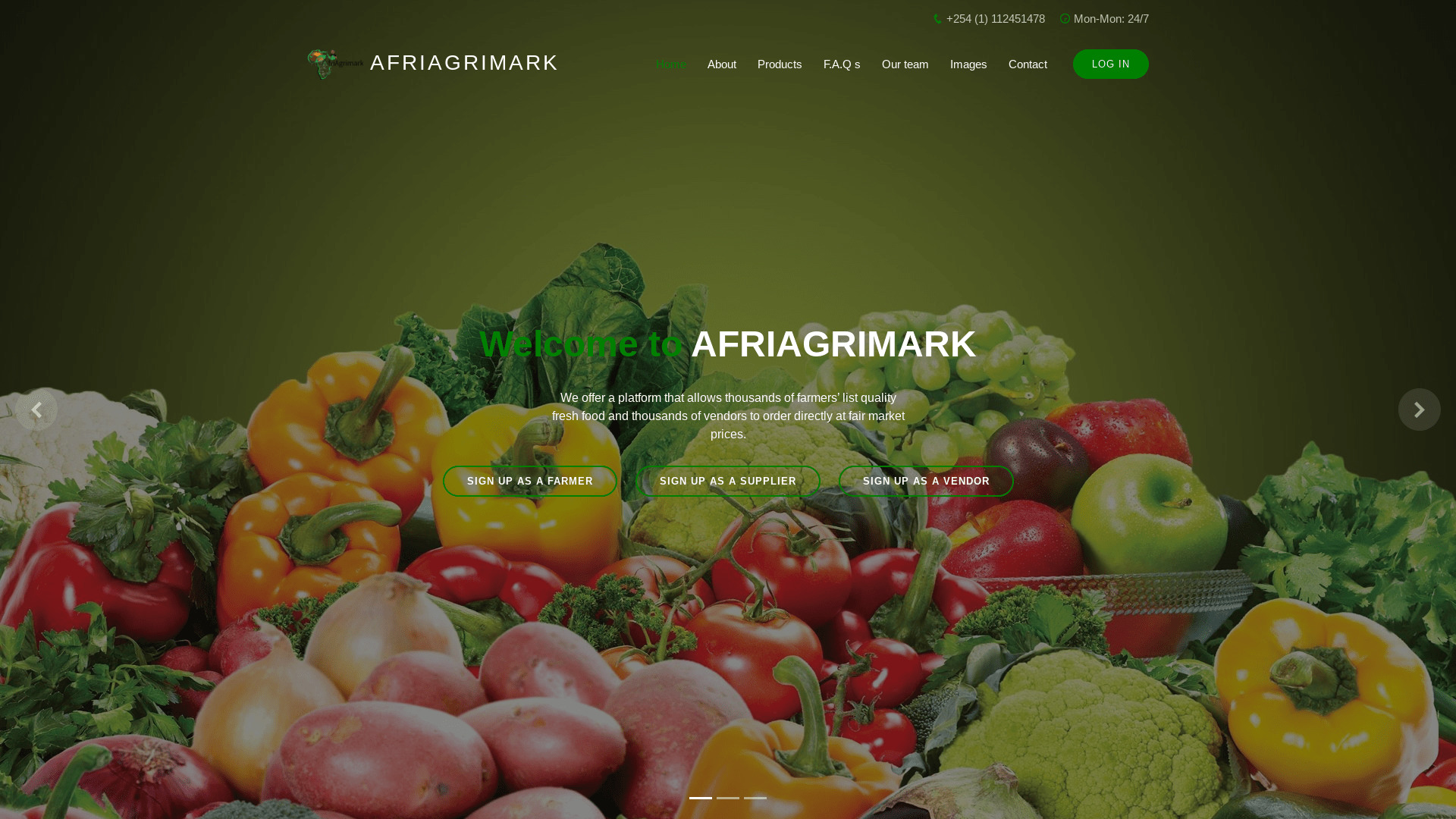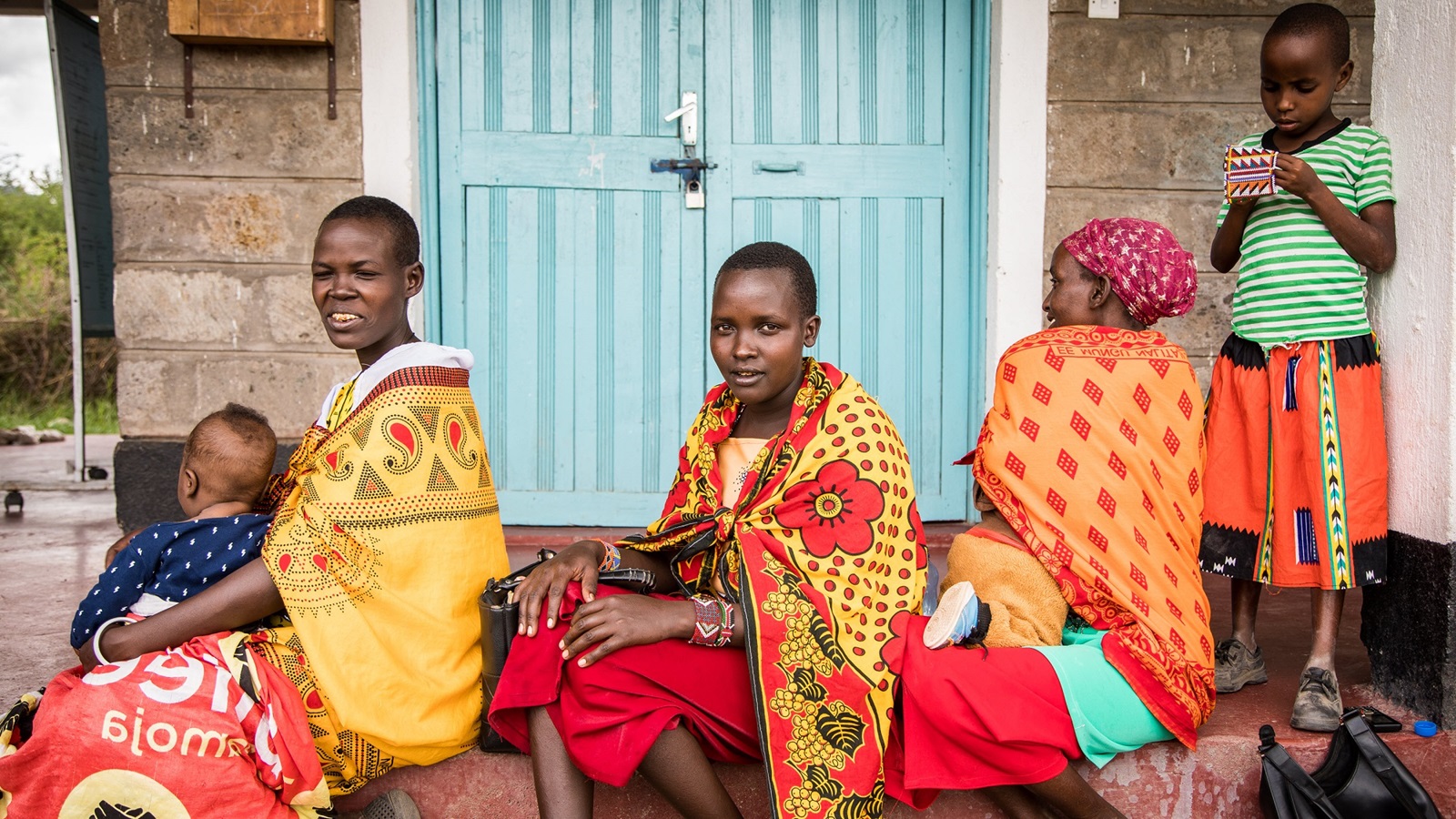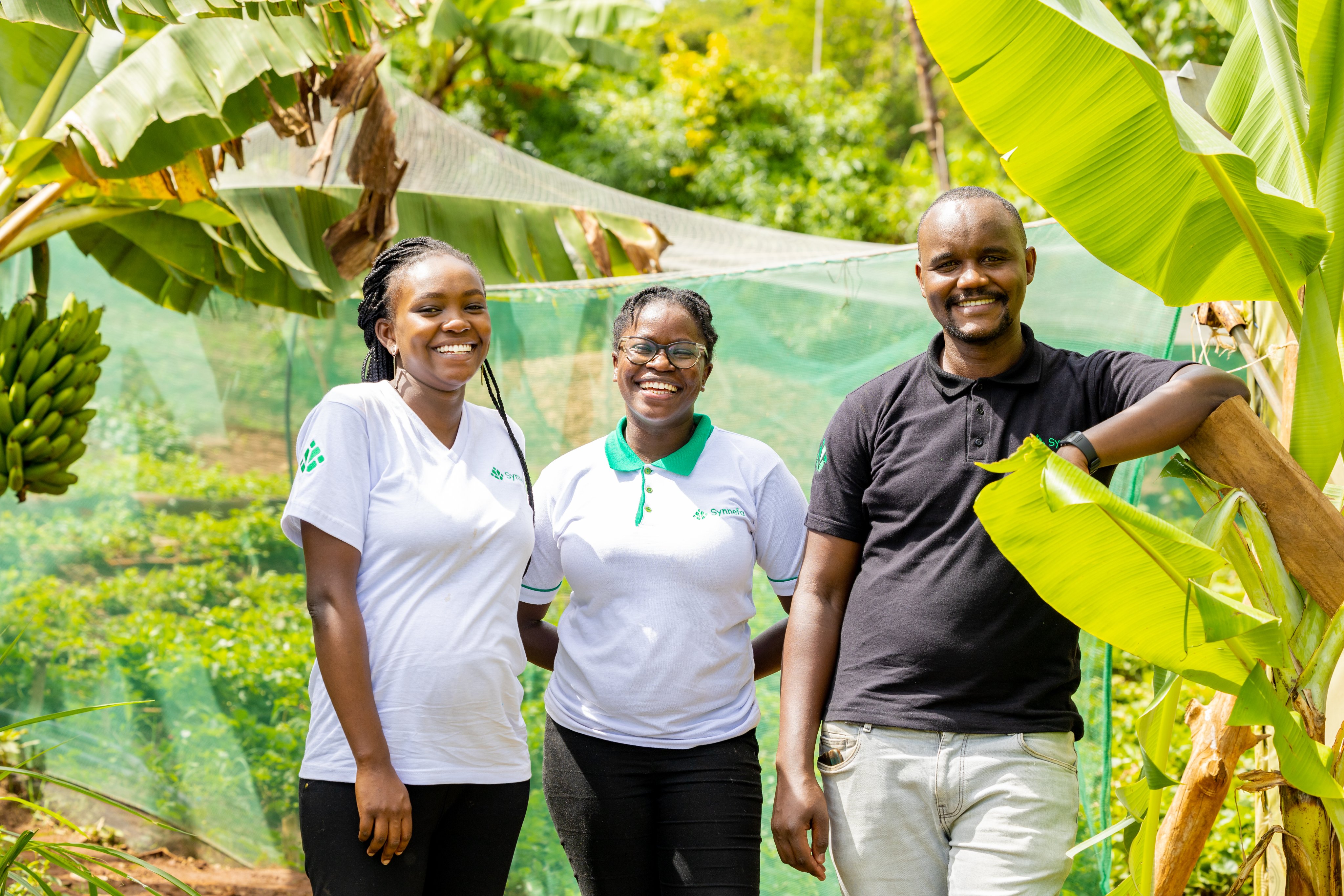Top 10 Best Unicorns in Kenya 2022.

Top 10 Best Unicorns in Kenya 2022.
The number of African unicorn startups has increased to seven, with four companies having just achieved a $1 billion value or more this year alone. Three newcomers are in the technology sector: two in fintech, one in tech, and one in general. Shortly, the emerging market investors expect a rush of new African unicorns to follow, expecting a rush of new African unicorns to follow in the near future in these and other technology-enabled areas.
Privately held, rapidly expanding firms with a valuation of $1 billion or more are considered unicorns. Given that unicorns are “rare creatures,” the term is projected to become more prevalent in Africa in the upcoming years, according to Ian Lessem, general manager of HAVAC.

The number of billion-dollar businesses is increasing more quickly than ever before; unicorns in Africa were formerly a rare breed. The emergence of African tech unicorns is beginning to pick up considerable steam across the continent as digital change and adoption speed continues at unprecedented rates.
Promising technology companies are expanding thanks to a number of causes, including high mobile penetrations, a young, tech-savvy population that is increasing, and technological improvements that help Africa’s historically underdeveloped infrastructure. Also supporting the growth of technology-enabled firms is an influx of talented human capital returning to Africa, which has produced the ideal melting pot of opportunities and capabilities.
Africa is full of opportunities; according to Lessem, the startup ecosystem saw record investment in 2020, and 2021 is predicted to be even better. “ Africans are dedicated to overcoming a variety of problems, and the continent is home to many entrepreneurs. The outlook for the African technology sector has never been brighter thanks to technology, constantly expanding local and global markets and unprecedented quantities of investment.
Parallel to these changes, the venture capital industry has developed recently, laying the groundwork for promising enterprises. According to Lessem’s further explanation, “The growing venture capital market is backed by the good accelerator programs, innovative business challenges, and a wealth of locally and internationally investors fighting for an opportunity to promote Africa’s growth possibilities.”

Finding the proper partners with local experience and expertise is essential because the market in Africa is not uniform. One thing is sure, he continues, “African innovation supported by smart money has promise for investors who have the proper partner by their side. One thing holds true whether labeled a unicorn, camel, or gazelle.
The rise of four unicorns this year to date, along with a maturing startup sector, is a strong indication that Africa is ready for and on the verge of producing many more billion-dollar businesses in the years to come. Unicorns indicate that a venture capital ecosystem can deliver scalable solutions and, with that, provide maximum returns on investments.
Kenya is well known for having a wide variety of exquisite animals, but the country’s economy is also beginning to grow. Nairobi, the nation’s capital, is a hotbed for business success, and some extremely spectacular fundraising rounds are advancing top firms. We’ll examine a few of the Kenyan companies that are succeeding in the East African market. Here are several prosperous unicorns to keep an eye on in 2022.
1. MarketForce
Kenyan company MarketForce was established in 2018 and is presently situated in Nairobi, the country’s capital. The business offers customers across the entire African continent an online experience for the retail distribution of different items and financial services. This makes it possible to pay for things digitally rather than with actual money.
The company has received startup investment eight times since it was created, with the most recent round taking place in February 2022. MarketForce has been able to reach agreements with 22 investors thanks to these fundraising rounds. Collectively, these investors have contributed $42.7 million to MarketForce.
The multi-location solutions provide a strong foundation for evaluating and enhancing the employee experience, organizational effectiveness, consumer experience, and financial KPIs.
It provides solutions for a variety of industries, including restaurants, big box, and specialized retail, groceries, petro-convenience stores, hospitality, travel, a communications company, technology, energy, education, health and wellbeing, movie theatres and studios, fitness, financial services, playing games, CPG, alcohol and tobacco, medicine, government agencies, and more.
2. OkHi

One of the firms from Kenya, called OkHi, calls itself “the world’s next generation address system.” It provides services to a wide range of businesses, including last-mile delivery, e-commerce, mobile finance, and emergency services. When making a delivery or visit, it might be expensive not to have the correct address. It is a waste of time, gas, and money to drive about looking for the precise location. To address that problem, there is OkHi. Finding the proper place is made simpler by the software development kit’s confirmed addresses and GPS position. For e-commerce sites, it can also speed up and enhance the checkout process.
In 2014, Timbo Drayson established OkHi, which today has more than eleven workers but fewer than fifty. The startup has completed six investment rounds and is based in Nairobi, Kenya’s Nairobi Area. The startup has so far secured $4M in funding from fifteen investors.
3. Mydawa

Mydawa is a company that operates in the e-commerce, wellness, and apps sectors. Customers of Mydawa can access an economical online pharmacy with prescription drugs and health items. It is Kenya’s first officially recognized online pharmacy. At Mydawa, repeat medications can be ordered online, saving both time and money. Completing everything from your smartphone and having your prescription sent in four hours makes it relatively easy.
Mydawa, which has its headquarters in Nairobi, Nairobi Area, Kenya, and employs approximately eleven and fifty people, was created in 2017 by Neil O’Leary. Between March 2017 and November 2021, three investment rounds totaling $9.2 million were completed with the participation of three investors.
4. M-Shule

The edtech firm M-Shule is also one of the top Kenyan companies to watch in 2022. It is a new platform made with learners of all abilities in mind. The learning process is mobile because the instruction is personalized and sent via SMS. It differs from many other digital and distant learning platforms since it was built using artificial intelligence to reach low-income students who might be offline.
M-Shule was started by Claire Mongeau in 2016 and is now based in Nairobi, Kenya’s Nairobi Area. There are three investors and one to ten employees working for the business. The Kenyan startup has earned $165K in total over four fundraising rounds.
5. Angaza Elimu

Another edtech venture from Kenya is on the list after that. Its instruction is assisted by artificial intelligence and goes by the name of Angaza Elimu. Angaza Elimu is educating what kids need to know, as evidenced by the online learning platform‘s daily activity of over 35,000 students.
Angaza Elimu was started in 2017 by Kiko Muuo, employing approximately eleven and fifty people. The corporate headquarters are situated in Nairobi, Kenya’s Nairobi Region. The company successfully completed two investment rounds totaling $100,000 with the help of two investors.
6. Synnefa
This startup is new to the market; it was only established last year. It is an agricultural technology startup that works in the machine learning, internet of things, SaaS, and Greentech industries. Synnefa is the name of the startup. Users can simplify farming with the use of Synnefa’s dashboard for farm records. The online dashboard system that analyses data from the farms help with artificial intelligence to cut costs and guesswork.
After completing three funding rounds, Taita Ngetich launched Synnefa in August 2021. A fourth-round was completed in December 2021, bringing the total funding to $1.5M. Its headquarters are in Nairobi, Nairobi Area, Kenya, and employs between eleven and fifty people.
The Greek term synnefa means cloud. The cloud is just as significant to farmers as it is to software engineers. Crops cannot be grown by farmers without the rain that clouds bring. The Cloud infrastructure is also essential for technology developers to create robust web apps and platforms that can be hosted and operated.
We and the farmers we work with daily to grow our food are brought together by the cloud.
7. Afriagrimark

This year, keep an eye on Afriagrimark, another Kenyan provider of agricultural technologies. It employs logistics to improve the connectivity of the farm market. Drivers, vegetable dealers, farmers, and suppliers may all connect thanks to the geolocation technology. It facilitates quick order processing, fair market prices for fresh food, and simple access to the market.
The Kenyan firm was created in 2020 by Bonface Nyalwal. The company now has a headquarters in Nairobi, Nairobi Area, Kenya, with a staff size of one to 10 individuals. There has only been one funding round, which was held in April 2022 and raised a total of $10,000.
Afriagrimark is aware of the difficulties farmers experience in accessing the contemporary fair market and vendors’ difficulties in obtaining high-quality, fresh agricultural produce. To ensure that we fill the gap between you, the farmers, and vendor demands, we built this platform in collaboration with farmers and merchants.
8. Farmula
Our following company on the list is Farmula. Agtech and website designing is used in the agricultural sector to simplify the selling process for farmers. A farmer can place direct orders from another farmer on this B2B (business to business) portal. Additionally, the website aids farmers in obtaining the best value for their own produce.
Founded in 2019, Farmula connects farmers all around Kenya by employing USSD dialing numbers and chat rooms. Ahmed Madani, Ibrahim Abdulmalik, Jacky Kimani, and Vivian Opondoh formed it. The company operates between one and ten individuals and has its headquarters in Nairobi, Nairobi Area, Kenya. The firm has raised a total of $100,000 from just one round of funding.
9. Chemsasa Solutions Ltd

Chemsasa Solutions Ltd. is a new firm in Kenya’s agricultural sector. Additionally known as Chemsasa Solutions, it specializes in the animal feed sector. It is an online retailer that offers its customers a marketplace to purchase and sell agricultural equipment.
Chemsasa Solutions, started in 2020 by John Katua, employs one to ten people. The headquarters are located in Nairobi, Kenya’s Nairobi Region. There is no information available at this time on any investment rounds for the business.
The agribusiness’s farmers, merchants, and buyers may now effortlessly obtain the distinctive goods and services they wish for but have found them difficult to access thanks to Chemsasa Solutions Ltd, the ONLY dependable, safe, and user-friendly e-commerce system in Kenya at the moment. We have made an effort to comprehend the fundamental requirements of agriculture and the market, and we have developed innovative and long-lasting solutions to suit these requirements. Only the Chemsasa Platform hosts the answers.
10. Churpy

Another Kenyan business to keep an eye on in 2022 is Churpy. This business engages in financial services, payments, and fintech. With the integrated collections management solution from Churpy, businesses can make the process of collecting money from sales easier. The business also provides a marketplace for suppliers and/or its clients.
Churpy was started in 2020 by Kennedy Mukuna, who currently employs eleven to fifty individuals. The company has so far completed one investment round and has its headquarters in Nairobi, Nairobi Area, Kenya. Three investors participated in that round, which raised $1 million for the startup.
A fintech company called Churpy provides an integrated debtors management system. Account reconciliation (for various ERPs), communication with different bank APIs, and an invoice payment marketplace are all things we support (Direct debits, Card, MoMo, and Bank rails).
The biggest economy in East Africa is that of Kenya. Following independence, Kenya fostered rapid economic growth by investing publicly, supporting small-scale agricultural production, and offering private (typically foreign) industrial investment incentives. Kenya is also a significant financial and transportation hub in the region.
The broad-based and varied structure of the Kenyan economy has been reflected in the country’s small-scaleth during the past several years, which ongoing infrastructure projects have supported, significant Government and non – governmental investment, and suitable economic and fiscal policies.
Kenya boasts the highest access to financial services on the broader region thanks to its thriving, well-developed, and diverse financial sector. The banking industry is lucrative, well-capitalized, and has capital requirements and liquidity ratios that are above the advised levels.

Thanks to the past five years’ conservative monetary and fiscal policies, the economy has been maintained, with modernization rates and currency rates remaining general commercialization.
The initial MTP covered the years 2008 through 2012. After the post-election violence, a number of initiatives for national healing were put into action. In order to restore damaged infrastructure, help affected small enterprises, and resettle internally displaced people, all of these actions were carried out to raise GDP growth (which fell to 1.5 per cent. in 2008) and to promote national reconciliation.
In October 2013, the second MTP of Vision 2030, which covered the years 2013 to 2017, was unveiled. The Constitution’s second MTP is a broad-based approach to devolution. It sought to reform the economy with an emphasis on quick economic expansion in a secure macroeconomic environment.
The second MTP aimed to modernise infrastructure, diversify and commercialise agriculture, increase food security, increase manufacturing’s GDP contribution, increase Kenyans’ access to better-quality education and healthcare, increase access to African and international markets, create jobs for the country’s unemployed youth, provide better housing, and improve household water and sewage systems.
The third MTP, which was launched in March 2017, continued to carry out the projects and programmes started under the second MTP. In order to create jobs, boost economic growth, and ensure a stable balance of payments, the MTP aspires to achieve high equitable, broad-based economic growth by expanding the share of technologies and production sectors in the economy as well as exports to GDP, mainly manufactured exports.
Plan of the “Big Four”
The Government has been putting the “Big Four” Agenda into action for the past three years in accordance with the plans stated in the third MTP and expanding on the advancements made thus far under Vision 2030.
The Agenda aims to advance both the development goals outlined in the Kenyan Constitution and the economic and social pillars of our Vision 2030. The implementation of programs and policies under each post is anticipated to speed up and sustain shared prosperity, create opportunities for respectable employment, lessen poverty and income inequality, and ensure that we build a society where Kenyans can live healthy, food-secure lives and have access to decent, affordable housing.
Since Kenya’s independence, two-thirds of the population has been living in poverty on less than $3.20 per day. As a result, it may be said that the majority of Kenyans, especially women and girls, are chronically vulnerable.
There is a significant disparity between the rich and the poor, with almost 70% of Kenyan households being chronically vulnerable as a result of inadequate nutrition, food instability, and curable diseases. While a small, wealthy minority continues to take advantage of their labour, resources, and opportunities, many Kenyans suffer from income disparity.
To promote economic development for all Kenyans, USAID collaborates with the Kenyan Government, the private sector, and the Kenyan people. Our goal is for every Kenyan to gain from the country’s progress, expand their business, provide for their families, and contribute to Kenya‘s future. To do this, we carry out development programs that were collaboratively created with Kenyans through private Kenyan and American organizations.
To ensure that there are level playing fields for all players so that both people and businesses can prosper, these groups work closely with the Kenyan private sector, affected councils, and county and national governments.
Our combined efforts have improved Kenya’s economic outlook over the past few years. Together, we have:
• Made loans available to approximately 30,000 small and medium-sized agricultural businesses in Kenya.
- Decreased the time and expense of conducting business in Kenya, with cross-border transportation wait times dropping from six days to just six hours.
- Assisting more than a million Kenyans to obtain energy.
- By aiding the Kenyan private sector in exporting more than $600 million via the African Growth and Opportunity Act (AGOA), the United States became Kenya’s second-largest export market.
- Used more than $180 million in investments from the business sector to improve water and food quality.
edited and proofread by nikita sharma







